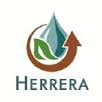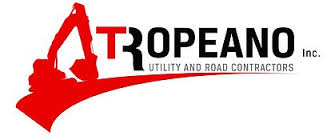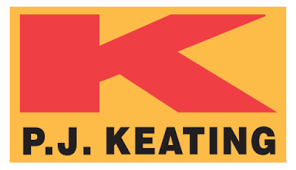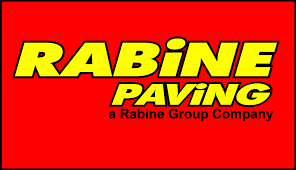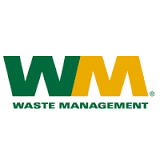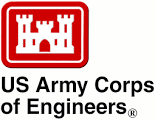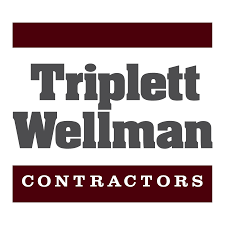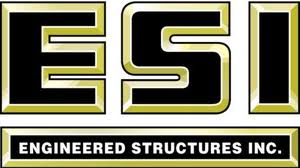Connecticut State Overview
The state of Connecticut and its Department of Energy and Environmental Protection (DEEP) has successfully implemented a stormwater management program which is comprised of several different sectors and areas of stormwater pollution prevention. The DEEP’s regulations on “Stormwater and Dewatering Wastewaters from Construction Activities,” require operators of a construction site to apply for coverage under their Construction General Permit (CGP) if their project will result in disturbances of the following:
- One (1) or more total acres of land area regardless of project phasing.
- A larger plan of development (such as a subdivision), the estimate of total acres of site disturbance shall include, but is not limited to, road and utility construction, individual lot construction (i.e., house, driveway, septic system, etc.), and all other construction associated with the overall plan, regardless of the individual parties responsible for construction of these various elements.
For any project that will be disturbing a total area between one (1) and five (5) acres, the permittee is required to adhere to the erosion and sediment control land use regulations of the town in which the land disturbing activity is taking place. As long as the permittee adheres to the town’s erosion and sediment control guidelines and receives written approval for the proposed erosion and sediment control measures, he/she is not required to register for a general permit.
The state of Connecticut and its Department of Energy and Environmental Protection (DEEP) has successfully implemented a stormwater management program which is comprised of several different sectors and areas of stormwater pollution prevention. The DEEP’s regulations on “Stormwater and Dewatering Wastewaters from Construction Activities,” require operators of a construction site to apply for coverage under their Construction General Permit (CGP) if their project will result in disturbances of the following:





